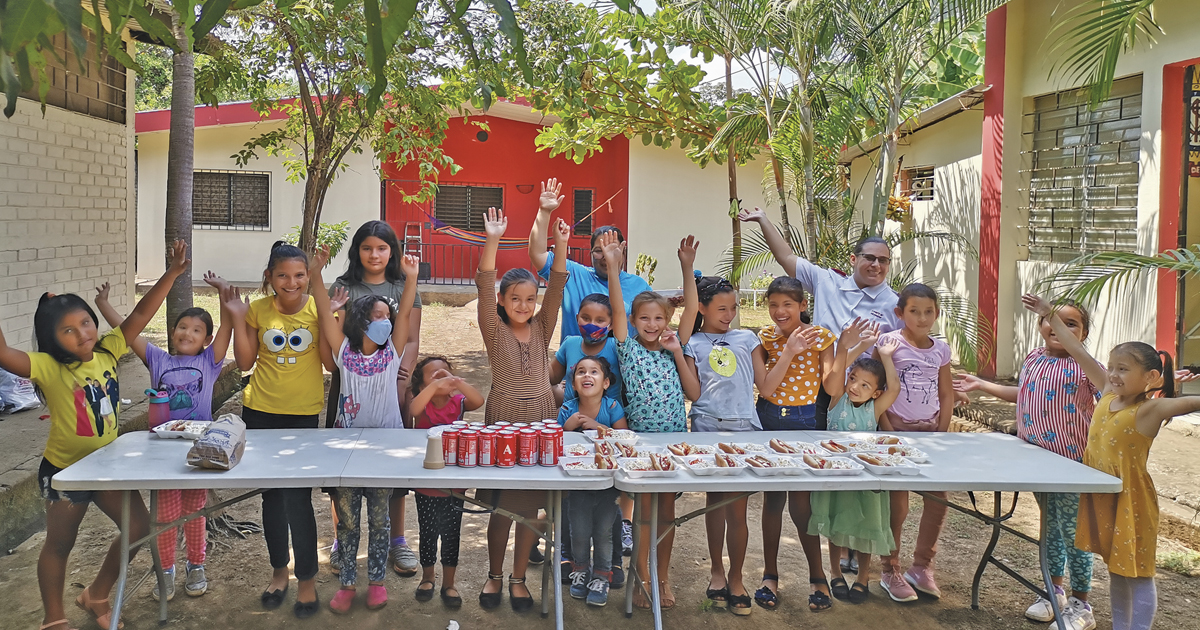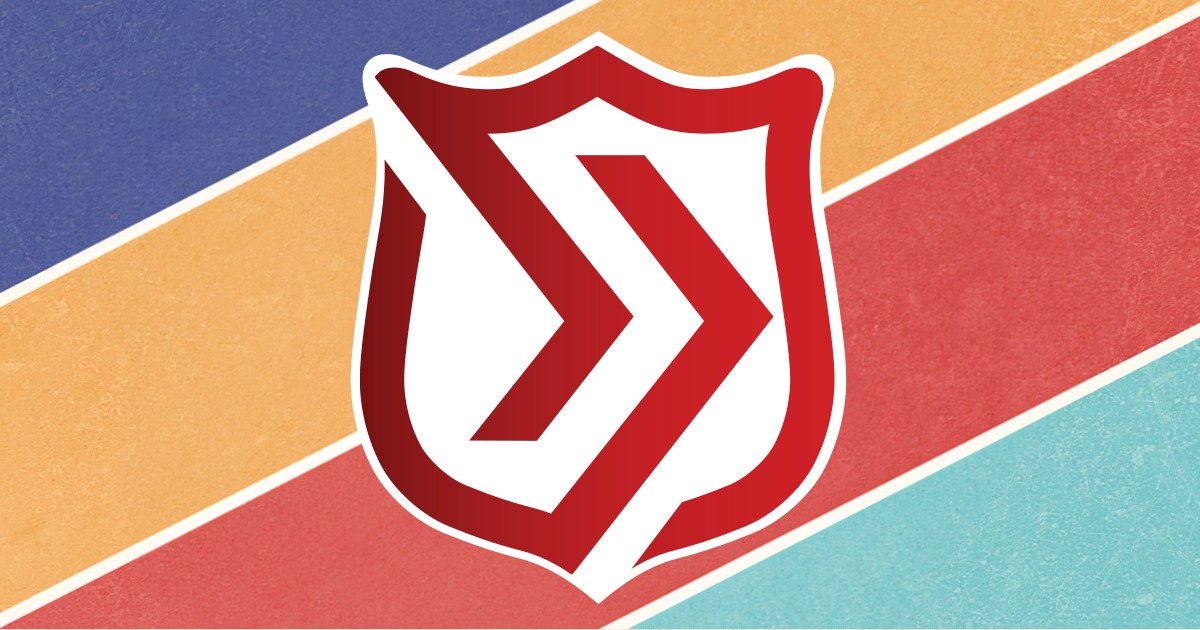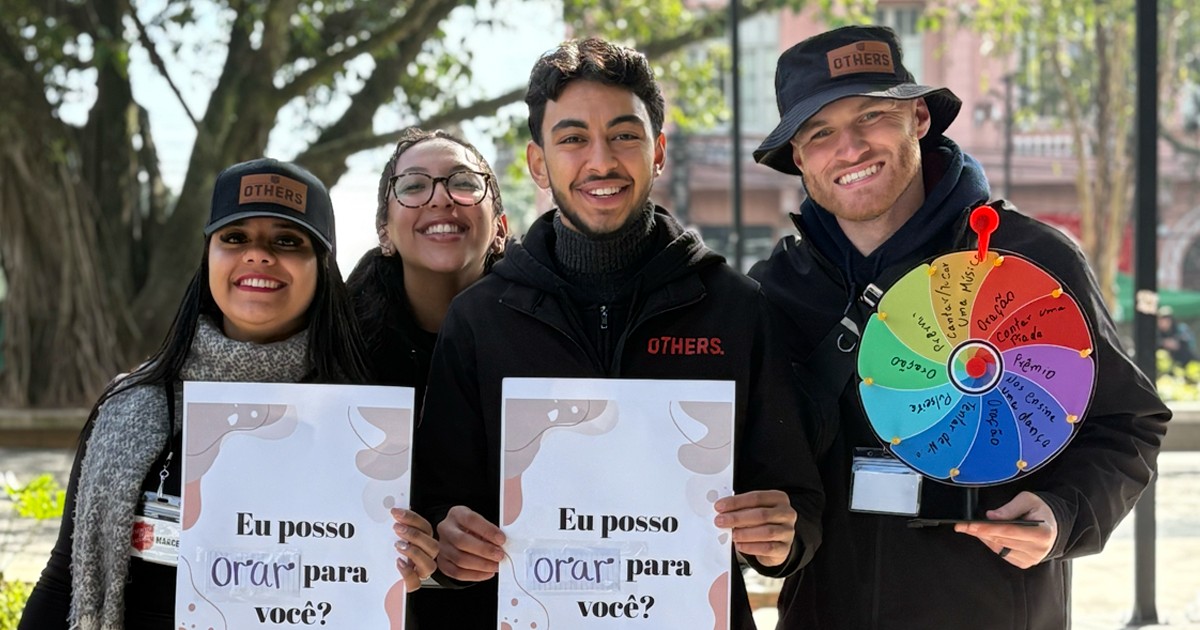(Above) A Salvation Army children’s program at the Usulután Corps in El Salvador provides education as well as nutritious snacks and meals
Imagine a world that is healthy, safe, happy, secure and peaceful, for both humans and the planet. Now imagine that world becoming a reality—in the next eight years. The Sustainable Development Goals, or SDGs, are a set of goals established in 2015 and endorsed by all 193 member states of the United Nations. They are a global strategy to bring about this shared vision by the year 2030. The SDGs recognize that progress can only happen when it happens for all, including the poorest and most vulnerable.
The 17 SDGs, with each including subtargets and specific indicators for success, are the result of careful consideration and input from many different stakeholders around the world. They also include an accountability framework that measures not only financial accountability, but also peace and security, gender equality and environmental impact.
For the goals to be achieved, they must be addressed simultaneously, which necessitates an all-encompassing approach to development. This requires co-operation and collaboration from stakeholders at every level: governments, multinational and national corporations, non-governmental organizations, churches, communities and individuals.
As an international organization that has been committed to these principles since our earliest beginnings, The Salvation Army is perfectly positioned to contribute to the achievement of the SDGs, both here in Canada and Bermuda, and abroad.
In 2020, The Salvation Army’s International Social Justice Commission in New York City released a report detailing just some of the Army’s contributions to the SDGs around the world within the last five years. The report focuses on the first five goals—No Poverty, Zero Hunger, Good Health and Well-Being, Quality Education, and Gender Equality—and highlights important programs, projects and partnerships where The Salvation Army is working on the progression of the goals, including during its global COVID-19 response.
The Canada and Bermuda Territory partners with other territories around the world to develop, support and implement sustainable programs at Salvation Army centres and in communities. Each one of our development projects supports one or more of the SDGs.
Children’s Education in El Salvador
Through the Brighter Futures Children’s Sponsorship Program, our projects are designed with a holistic approach to education and children’s well-being. At The Salvation Army’s children’s program at the Usulután Corps in El Salvador, support from the Canada and Bermuda Territory provides materials necessary for well-rounded educational programming, while also addressing other factors that affect a child’s ability to learn. The centre provides nutritious snacks and meals for the children, as well as clothing, shoes and dental kits. Through this program, the Latin America North Territory, in partnership with Canada and Bermuda and the U.S.A. Western Territory, is working to fight poverty in meaningful and long-lasting ways.
Agriculture in Liberia
In Liberia, The Salvation Army is working to improve food security in two communities with a new agriculture project. The three-year project will support more than 200 smallholder farmers in the communities of Cotton Tree and Mount Barclay. These rural communities face severe food insecurity due to high and increasing food prices and inflation, problems which have only been exacerbated by the COVID-19 pandemic. In working with The Salvation Army, the farmers will receive seeds and demonstration plots, where they will be able to learn sustainable farming methods. These methods of farming and training in pest control and maintenance will increase yield, in addition to minimizing the environmental impact of farming.
The Salvation Army in Liberia is also collaborating with the local government health sector to address malnutrition by providing training on the importance of maintaining a balanced diet. With the materials and training they receive, these farmers will be able to plant short-season crops that will not only provide food for their households but can also be sold to generate an income to provide for other basic needs. In single-income families, this can decrease the reliance on one person, redefining gender roles and working toward women’s equality.
Through collaboration and partnerships, The Salvation Army is working to bring lasting change to the most vulnerable communities and individuals on a global scale. Our efforts, together with those of governments, businesses and other organizations, can help build a world that is equal for all.
Robyn Goodyear is the international project support co-ordinator in the international development department.
This story is from:










Leave a Comment